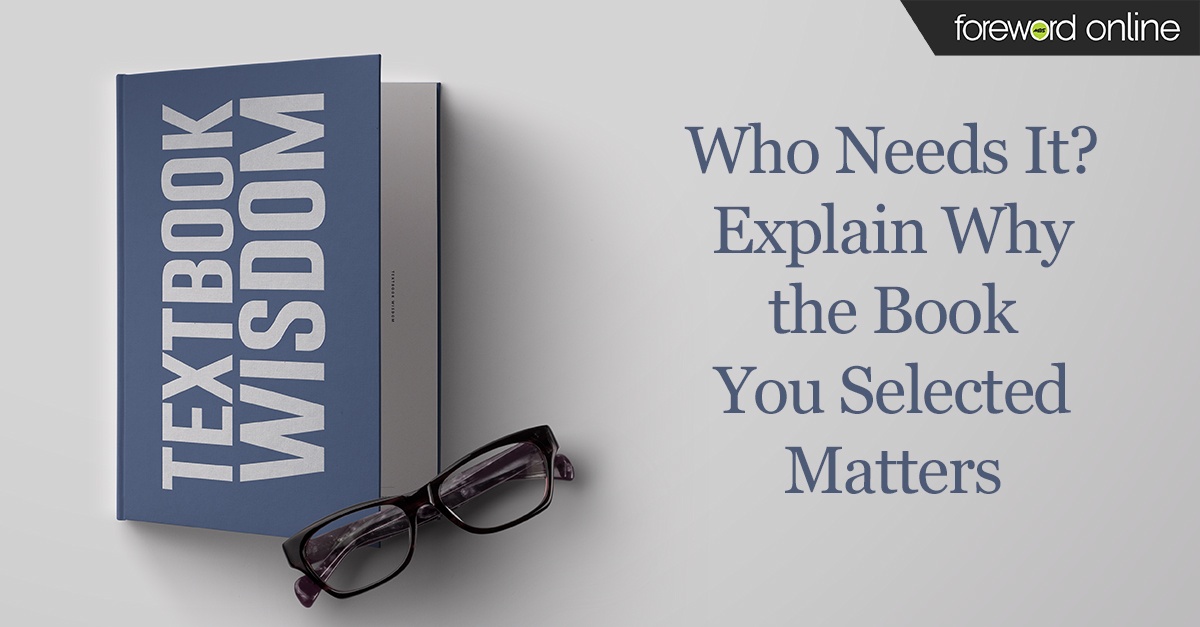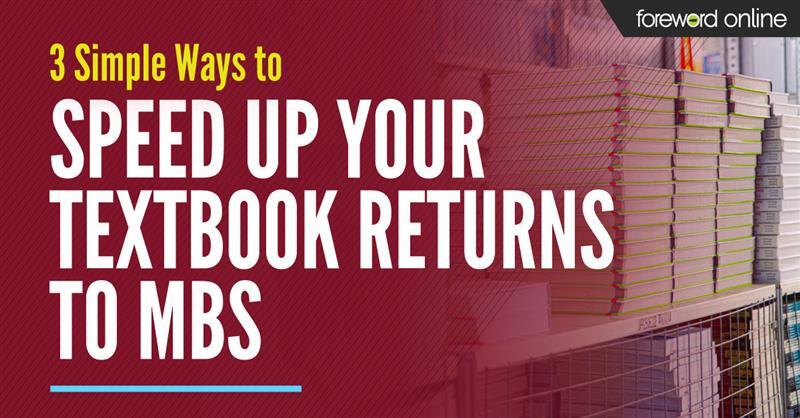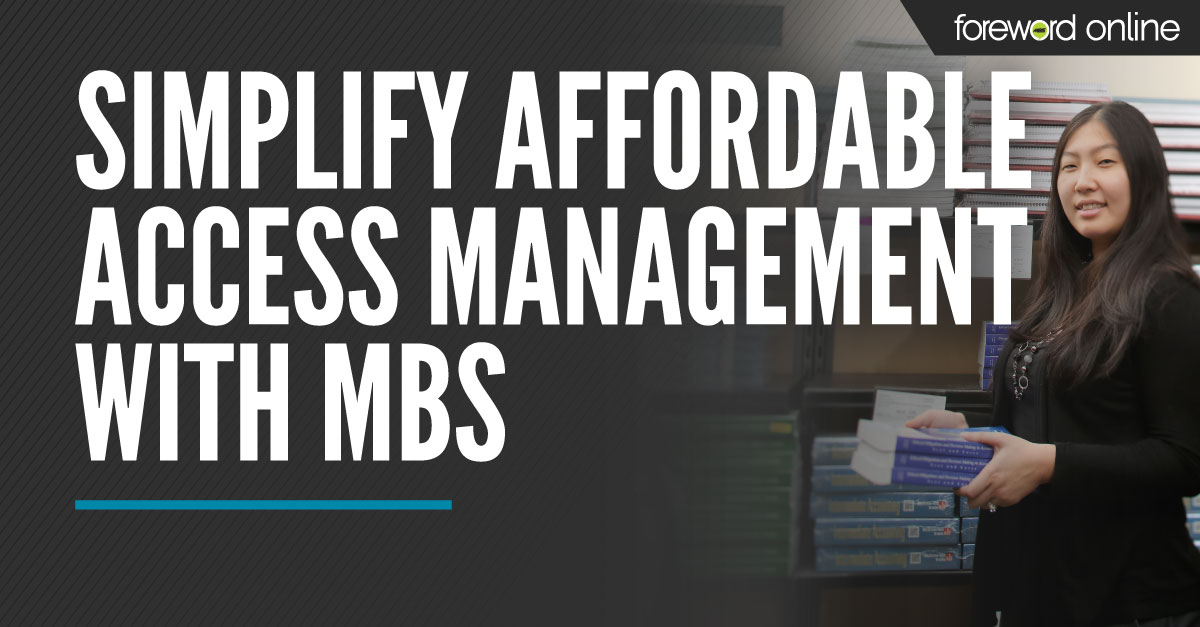Introducing “Textbook Wisdom,” a Foreword Online series that speaks directly to faculty about the course materials industry and its impact in the classroom. Share it with faculty — and on social media. Bridge the communication gap between bookstores and educators.
You know the reasons you selected certain titles for your class, but students often don’t. As you polish your syllabi for the coming term, consider how and why you will explain the ways the text is a critical part of the learning process. It could mean the difference between student success and failure.
The reasons students increasingly view textbook purchases as optional abound. The rise of the Internet makes books seem obsolescent. Welcome demographic changes on campus engender greater diversity in classrooms. As a result, more students than ever may not have grown up in homes where education — and the pursuit of knowledge for its own sake — was prioritized. Meanwhile, a popular culture saturated with disdain for intellectual pursuits reinforces an aversion to reading that many acquire in high school.
However, the two greatest reasons students fail to buy required materials are practical: cost and career. Textbook prices rose 88% between 2006 and 2016, according to the Bureau of Labor Statistics.
However, the two greatest reasons students fail to buy required materials are practical: cost and career. Textbook prices rose 88% between 2006 and 2016, according to the Bureau of Labor Statistics.
A Barnes & Noble College survey of incoming freshman nationwide showed the No. 1 reason students chose a school was based its ability to provide career preparation.
Although some students might dream of jobs serving the life of the mind, it’s safe to say many are more focused on placement in fields like accounting or healthcare. For them, the connection between the required texts — especially in general education courses — and their future is tenuous at best.
When bookstore managers buy course materials back from students at the end of the term, they hear a common complaint: I didn’t need the book. Such students often say they gleaned all they needed to know from lectures, or that the teacher never really “used it.” Sometimes students confess that they probably would have earned a better grade if they did use the book. However, in some cases, the connection between the book and academic success was never clarified. Occasionally, a teacher really doesn’t use the book. Once a student has that experience, he or she is more likely to refrain from future purchases.
Your students might decide not to buy required materials, because they had a bad experience in a past class.
Consider these preventative steps to ensure students arrive in class with books in-hand:
- Add a note about the text’s purposes to your syllabus.
- Talk about how the course materials connect to their future in class.
- Explain what students can learn from reading and studying that will benefit them in a professional context.
- Assure students that using the book will lead to better grades.
- Add text-based quizzes to your class calendar.
Simple interventions like this will go a long way toward helping more students succeed in your course. They may even help them excel throughout their academic careers.
Look for new Textbook Wisdom articles twice monthly on Foreword Online. Share your thoughts here about faculty-centric topics that you think the series should cover.






